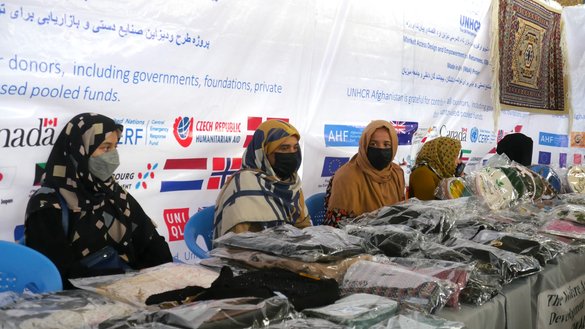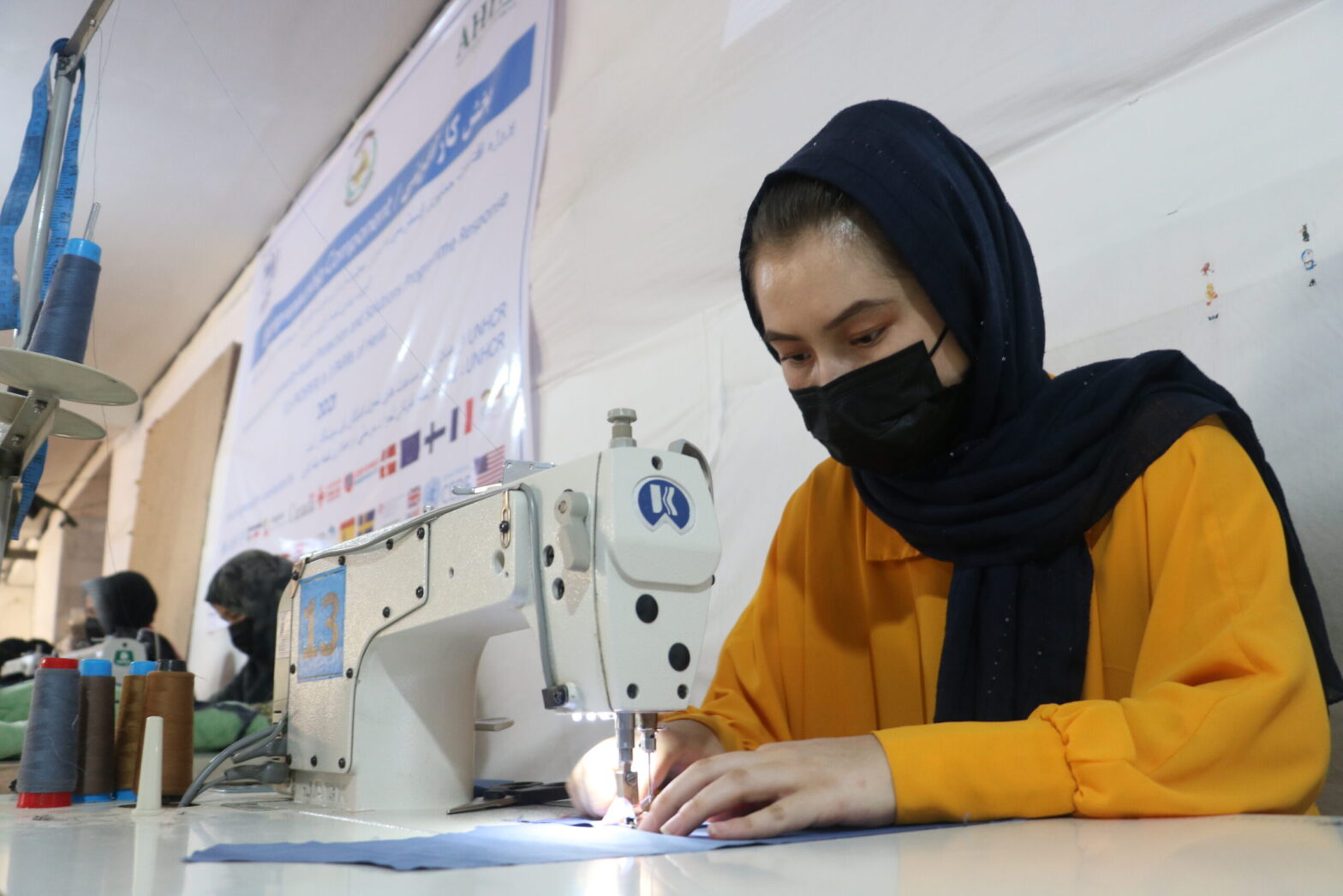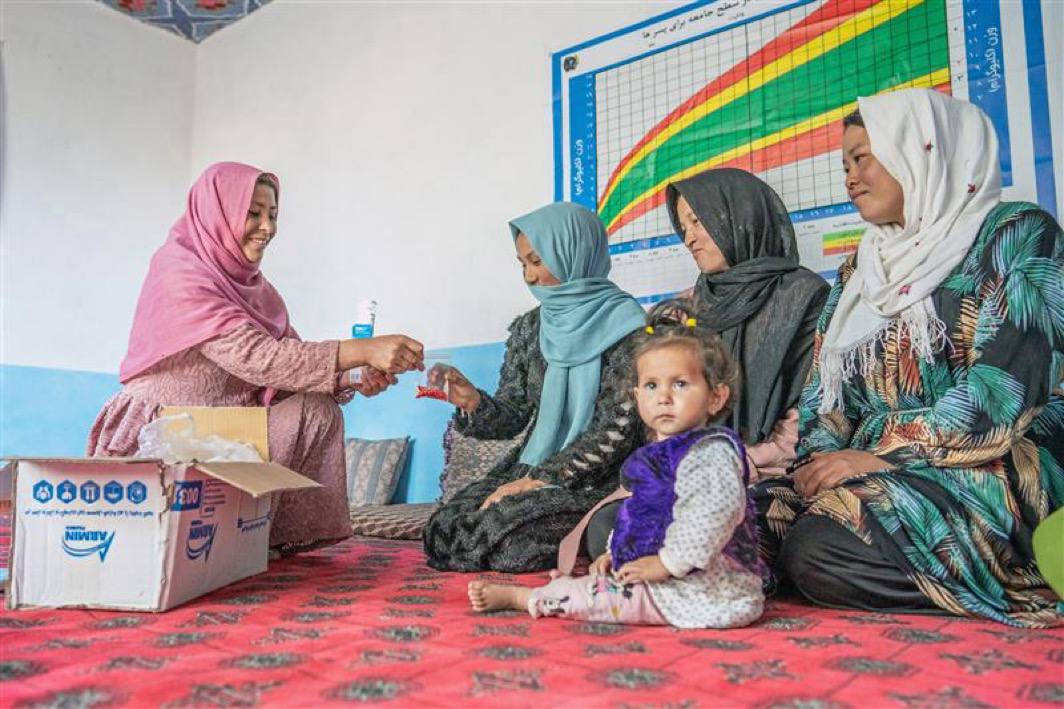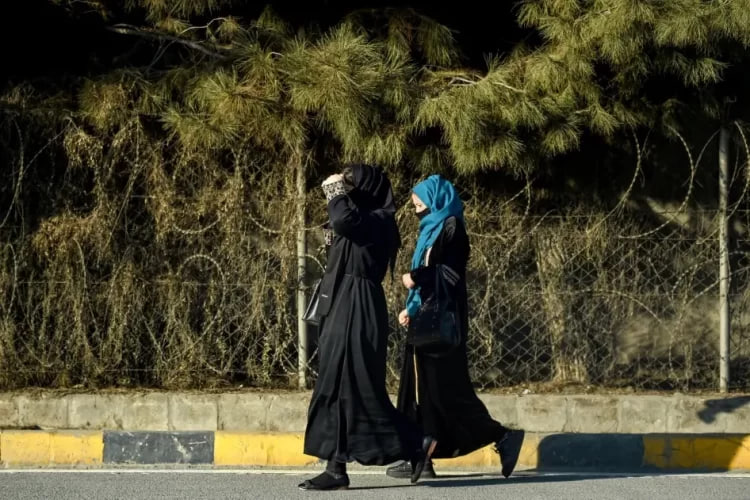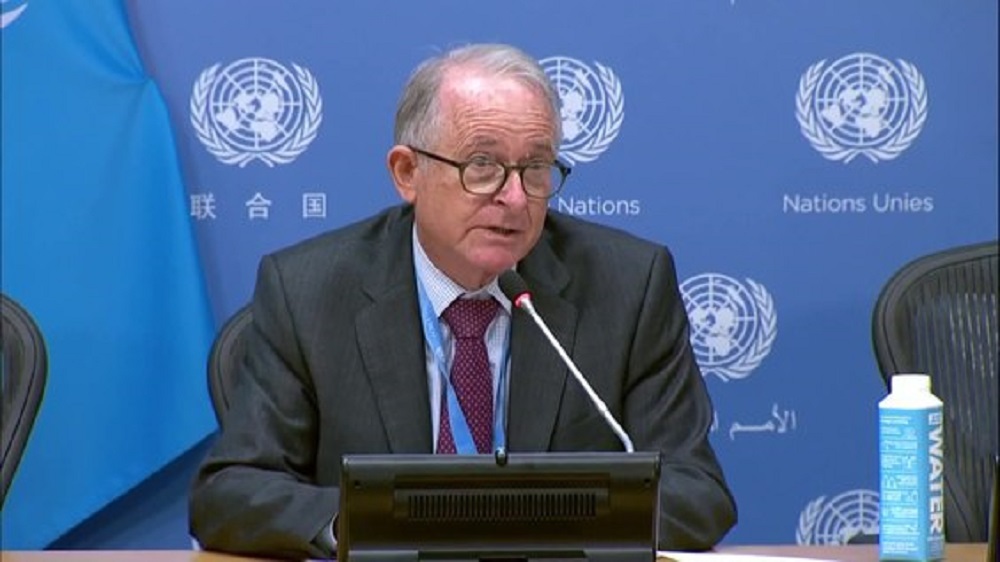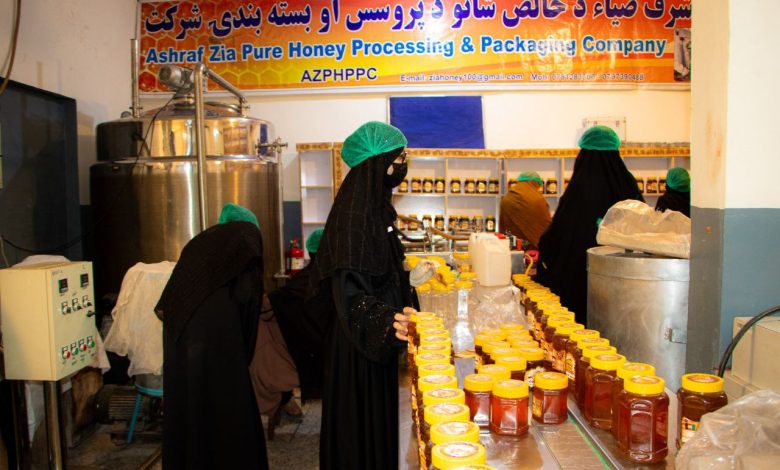
The United Nations Special Trust Fund for Afghanistan has recently announced that, with a focus on empowering women and girls, it is creating opportunities for them to expand their own businesses and support their families. In a message posted on its X account, the organization stated that investing in skills and livelihoods plays a vital role in strengthening long-term resilience. It further noted that its support programs are being implemented in cooperation with partners for young people, women, and men to create employment opportunities and promote the development of economic activities. The UN Special Trust Fund emphasized in part of its message that supporting small businesses and creating job opportunities can contribute to social and economic growth and reduce families’ dependence on emergency assistance. While UN agencies are working to empower women and girls through self-employment initiatives, Afghanistan’s current authorities have severely restricted work opportunities for women and girls. Women and girls in Afghanistan are barred from working in many sectors, including even in some UN offices. However, small and medium-sized enterprises remain among the few opportunities still available to them. It should be noted that after taking control of Afghanistan, the current authorities deprived women and girls of access to education. In their latest restriction, they also closed the doors of medical institutes to girls and women, despite the fact that the healthcare sector across Afghanistan faces a severe shortage of personnel. This action has left millions of schoolgirls deprived of education. In addition, women have been banned from going to gyms, restaurants, public bathhouses, being examined by male doctors, traveling without a male guardian (mahram), and working in domestic and international non-governmental organizations, as well as even in UN offices in Afghanistan.

